15 Creepy-Crawlies You’ve Probably Never Eaten But Should
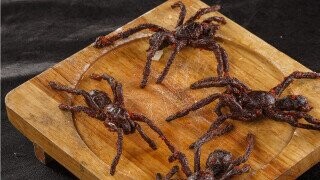
It’s way easier than it should be to go through life eating only about 10 foods. Convenience foods have made a lot of us fairly lazy, plus we’ve somehow convinced ourselves that some foods are more varied than they really are (there are about 50 dishes that are pretty much “bread, tomatoes and cheese”).
There are all kinds of foods that are eaten in huge quantities internationally that, until they show up in 7-Eleven, many of us will go our whole lives without ever trying.
Or will we? Depending on how much attention you’ve been paying, you might be aware that there’s a bit of an environmental crisis going on. The planet is basically aflame. Something that does the world no good at all is our insistence on eating meat, which contributes enormously to carbon emissions and all that terrible earth-destroying shit.
We should really all be eating more bugs. It is vastly, vastly more sustainable to eat shitloads of insects than even an occasional steak. The carbon footprint of red meat is huge, while the carbon footprint of a mouthful of caterpillars is close to zero.
Luckily, in places where more imaginative palates than ours are common, people have done the hard work of figuring out which ones are delicious and which ones, you know, kill you immediately and stuff.
Click right here to get the best of Cracked sent to your inbox.
Korean Street Bugs: Crunchy and Plentiful

Beondegi is a common street food in South Korea made from silkworm pupae. It tastes vaguely nutty and fishy at the same time, is protein-rich and lets you pretend to be a giant crunching through the bodies of your enemies.
Coconut Worms: A Pretty Visceral Way to Protect a Tree

Duong dua, or Vietnamese coconut worms, are generally eaten live. They are found in coconut trees, which they cause a lot of damage to, so eating them is a roundabout and carnivorous way of getting all the nutrients of a coconut and saving some trees.
Ant Larvae: Insect Caviar

Native to Central Mexico and a delicacy dating back to the Aztecs, escamoles are ant larvae, often pan-fried with butter and tasting kind of nutty. They’re occasionally referred to as “insect caviar,” and are more expensive than you might expect given ants are usually free.
Leafcutter Ants: Eat Their Asses and Get Real Horny

Female leafcutter ants have bigger asses than male ones, and that’s what makes them so delicious. Hormigas culonas have been enjoyed in Santander, Colombia, for centuries, and are sometimes rumored to have aphrodisiac qualities.
Locusts: Kosher Vengeance
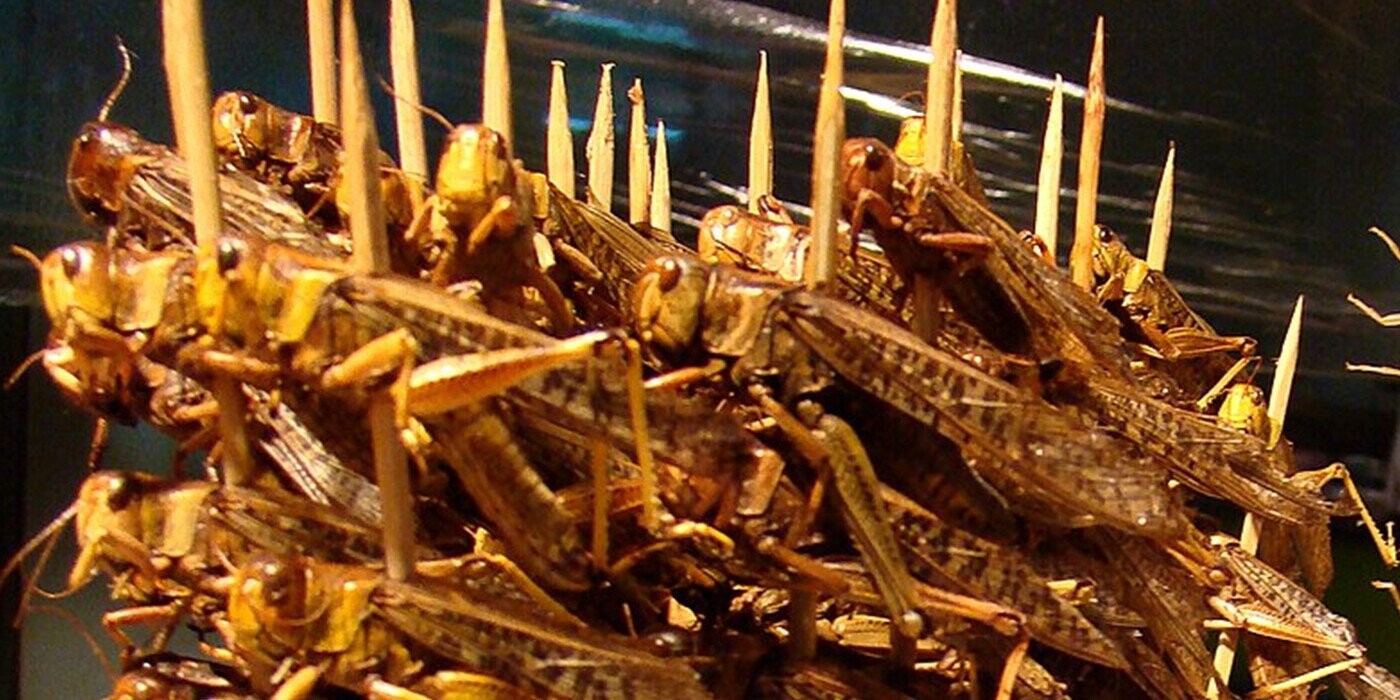
Locusts are the only insect specified as kosher in the Torah. This, combined with their crop-devouring habit, has made them a popular snack in Israel — you get the crops’ nutrients second-hand, plus show the locust not to eff with you.
Scorpions: You’ve Heard of the Band, Now Eat the Meat

Scorpion meat is, extraordinarily, over 50 percent protein. It only tends to be a novelty food in America, but in some parts of Asia is served up pretty regularly. The flavor is a bit like an unnervingly fishy beef jerky.
Witchetty Grubs: Nutty Baby Moths
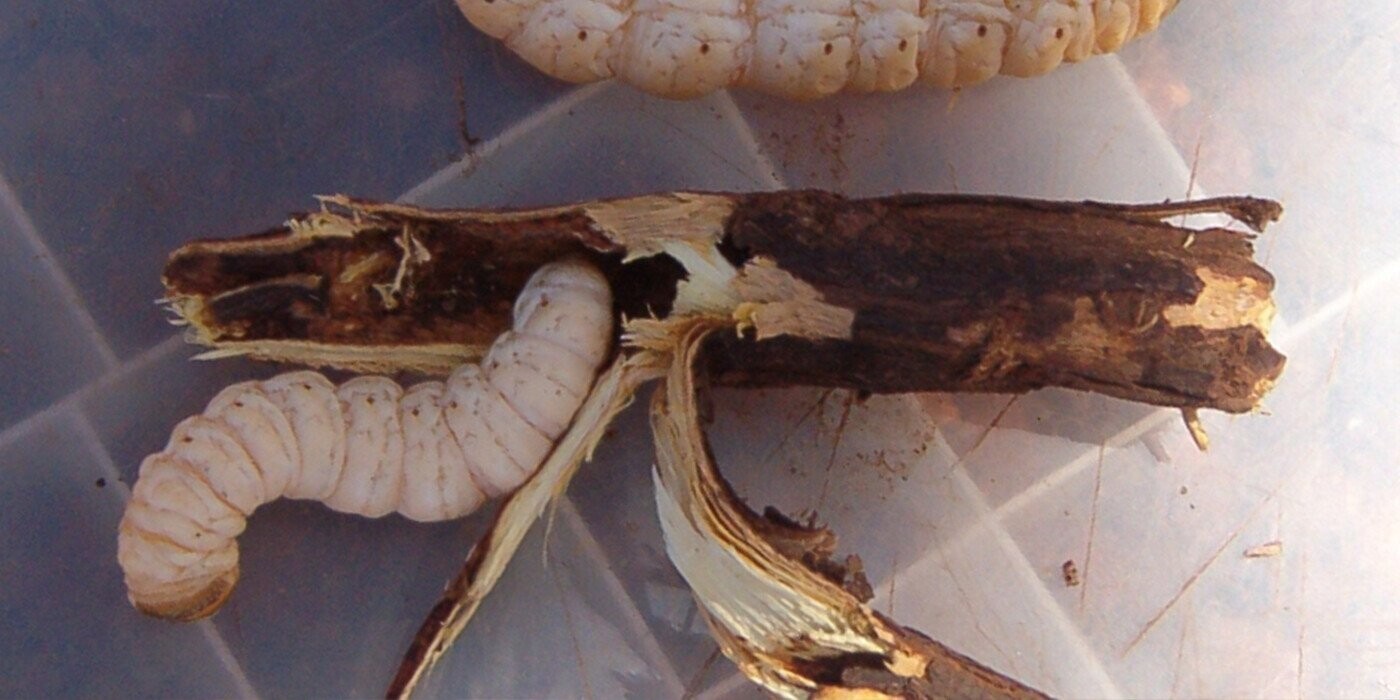
Witchetty grubs, the larvae of the cossid wood moth, are a staple of the Indigenous Australian diet, high in protein and tasting like nutty scrambled eggs, with a slightly crunchy outside. Lot of nuttiness in the bug-eating world.
Ants’ Egg Soup: Down the Hatch
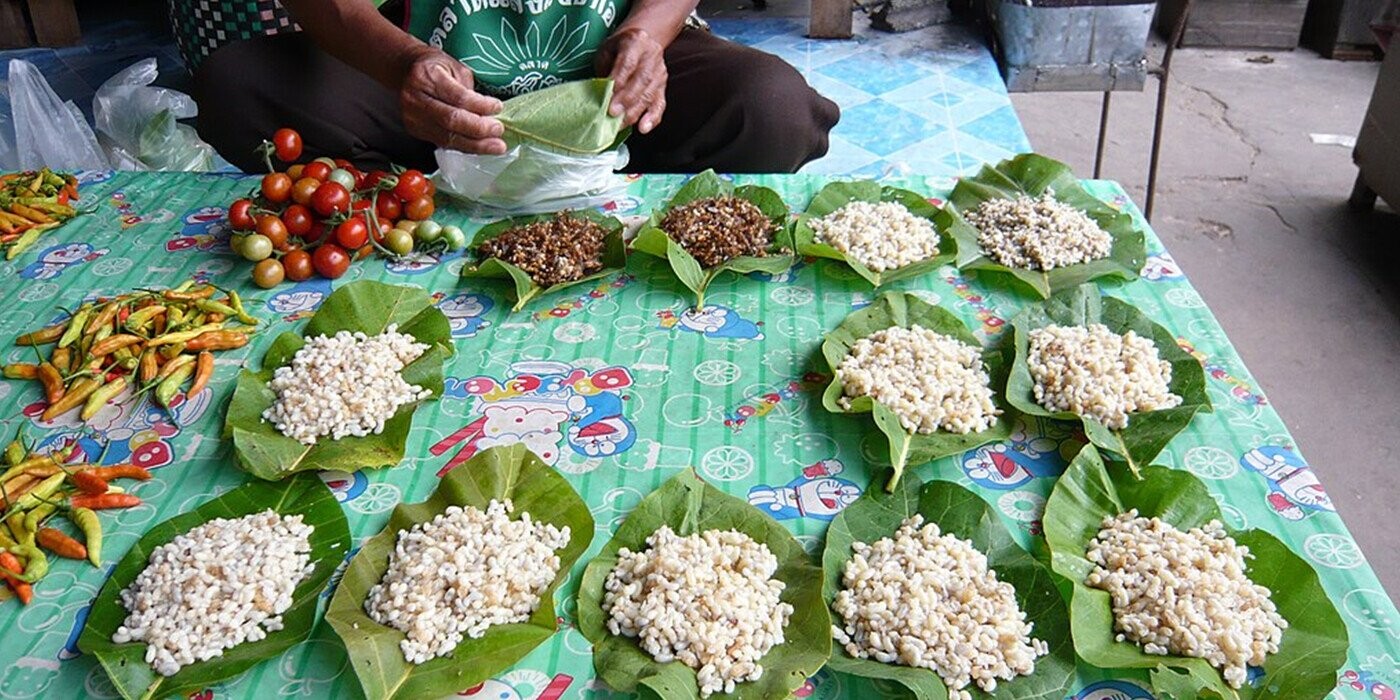
Ants’ egg soup is a Thai and Laotian delicacy, a sour soup with a slightly shellfish-like flavor, usually made with lemongrass, garlic and basil. And ants’ eggs, hundreds upon hundreds of them. They won’t hatch in your stomach though, probably.
Fried Grasshoppers: Perfect with a Beer

Fried grasshoppers, known as chapulines, are a popular Oaxacan snack that go well with a nice cerveza — the bugs are basically vehicles for salt and spices. They might be kinda bad for you, though — some contain surprising amounts of lead.
Cambodian Fried Tarantulas: Mostly Poop-Free!

In Skuon, Cambodia, people starving under the tyranny of the Khmer Rouge began eating spiders. Then they got good at it, and figured out making them relatively delicious. They’re still an acquired taste, though, and sometimes have shit in them.
Mopane Worms: Moth Motherfuckers

In southern Zimbabwe, Botswana and northern South Africa, 9.5 billion mopane worms (known as amancimi in Ndebele or madora in Shona) are harvested annually, enjoyed dry, fried or added to porridge. If not eaten, they become absolutely terrifying moths.
Stinkbugs: In Need of a Rebrand

Stinkbugs could do with a more appetizing name — they’re full of protein, contain nine essential amino acids and have cholesterol-lowering fatty acids and antioxidants. They don’t call them stinkbugs in Zimbabwe and have no problem eating them.
Sago Grubs: Expensive, Explosive and Poop-Free

Known as butod in Borneo, the sago grub sells for a lot of money and, due to only living inside the sago tree, avoids the “shit-covered” issues of other bugs. Slice them open before cooking or they’ll explode: badass.
Mexican Shield Bugs: Medicinal and Horny
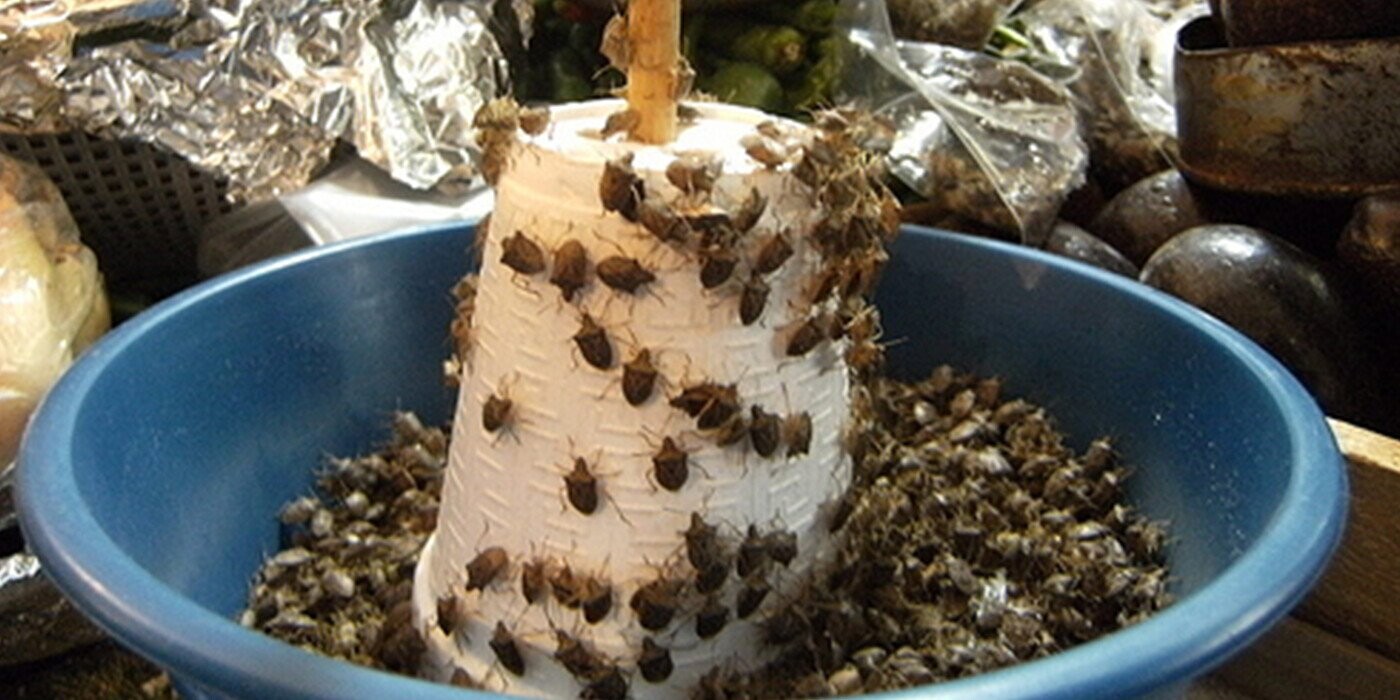
Jumiles have been described as resembling “a cocktail of mint and cinnamon,” which sounds delicious. They’ve been used as an aphrodisiac and a treatment for toothaches and arthritis, and around the Mexican town of Taxco are used in a delicious salsa.
Japanese Wasps: Nice on Rice (Not Lice)

In Kushihara in Japan, wasps (hebo) are a seasonal wild food, like when people forage for mushrooms. Simmered in soy sauce, sake and ginger, their larvae are served on rice in a time-consuming but by all accounts magnificent dish. Exquisite!